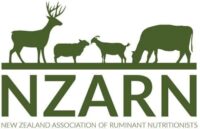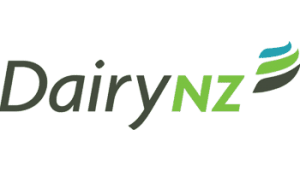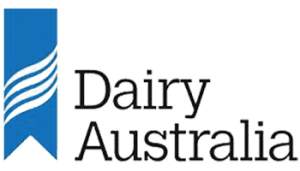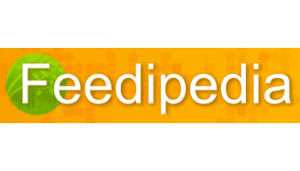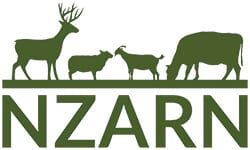A network of ruminant nutritionists - enabling exchange of ideas and experience among professionals, to understand and improve health and productivity of ruminant livestock.
A network of ruminant nutritionists - enabling exchange of ideas and experience among professionals, to understand and improve health and productivity of ruminant livestock.
Knowledge base...
Members

Understanding and mitigating heat stress in NZ dairy cows – Kirsty Verhoek
Kirsty gave an overview of heat stress, measuring and mitigating heat stress and the new research in heat stress within NZ. In the summer of 2023 Dairy NZ carried out a trial reviewing heat stress, and while this was one

Farm systems and driving revenue – Pip Gale
Pip starts the session by outlining some key factors that we need to reach broad agreement about with regard to dairy productivity and profitability. “Can we agree that”…. 1) The three bottom lines of animal welfare, environmental and economic sustainability

Transition Feeding – Sue Macky
Sue Macky discussed the challenges she has come across and highlights areas to focus on during transition feeding in an interactive session. She bounces from nutritional aspects to animal behaviour and cow comfort, to the animal health challenges. Sharing the

Using Minda data to diagnose opportunities for reproductive improvement – Jair Mandriaza
Jair showcased the latest in the LIC statistics for the 2023/24 season. These results where compared against previous years with discussions looking at the use of wearable and none wearable herds. The data set outlined the national ranking, with cows

Transition cow diets and phosphorus – Pip Gale
Pip scene set this presentation by proposing that we are hit with “data overload/decision paralysis” around what to do with options facing us regarding transition cow management programmes. “Winning” with regard to good outcomes from excellent transition management means limiting

The Dairy NZ lameness calculator – Katie Saunders
Katie Saunders, previously worked with Dairy NZ, shared an overview of how the lameness calculator functions. The cost of lameness is beyond the inital drop in milk production. Katie shares how lameness the short term pain relief NZARN members a

Mycotoxins and their effect on the feed intake (a case study) – Dr. Marjan Sprock
Dr. Marjan Sprock, a registered and practising vet on the west coast, showcased a case study and the process in which she went through to diagnose a severe mycotoxin challenge. This step by step encounter was used as a case

The Real Cost of Inflammation. Dr. Megan Abeyta
Dr Megan Abeyta recently completed her PhD under the supervision of Lance Baumgard focused on the impact of inflammation. To set the scene, Dr. Abeyta outlines the importance of the GIT in every animal. With 70% of the immune system

Energy Prediction from Feed Supplements. Dr. Bill Weiss
Dr. Bill Weiss is a Professor emeritus of dairy cattle nutrition at The Ohio State University. He worked extensively in the areas of minerals and vitamins on cow health, forage, feed evaluation and methods to incorporate variability into ration formulation
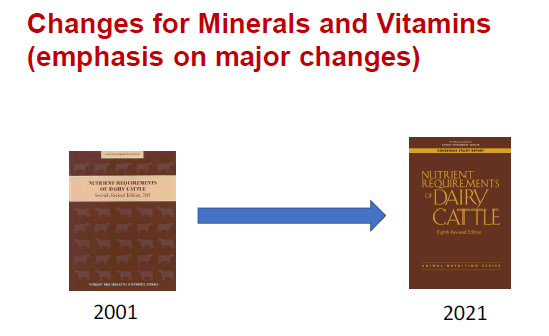
Mineral Updates – the latest NRC update explained. Dr. Bill Weiss
Dr. Bill Weiss is a Professor emeritus of dairy cattle nutrition at The Ohio State University. He worked extensively in the areas of minerals and vitamins on cow health, forage, feed evaluation and methods to incorporate variability into ration formulation
NZARN news...
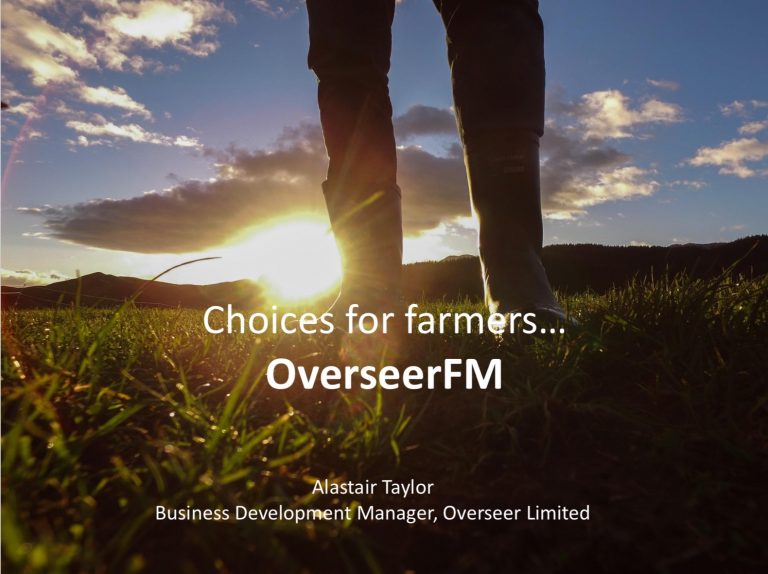
OverseerFM – What is new, and the path ahead Alastair Taylor, Overseer Ltd.
OverseerFM is an online software that connects farmers to science to support sustainable farm businesses that protect the environment. OverseerFM is built on 30 years of science. The OverseerFM model has been updated to make nutrient budgeting more user friendly,
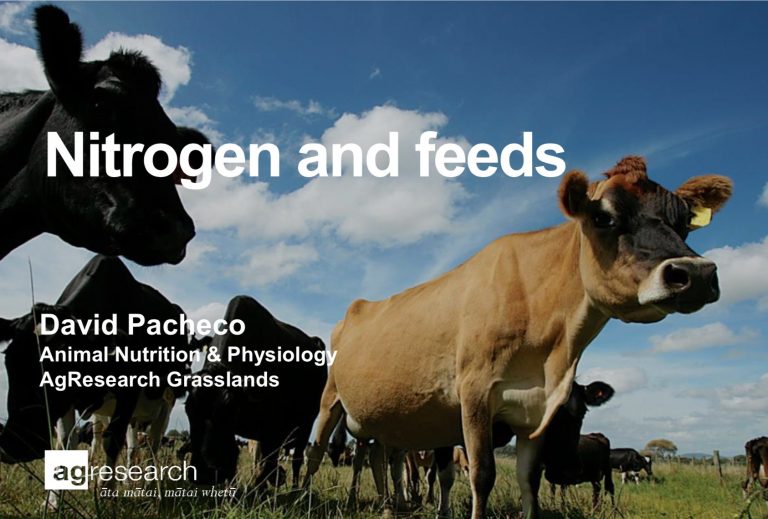
Nitrogen and Feeds – David Pacheco, AgResearch
Farmers use Nitrogen (N) to increase forage yields and increase profitability, however, there has been increasing requirements to minimise environmental impact and for this reason N use on farms is under scrutiny. N that is not used in an animal
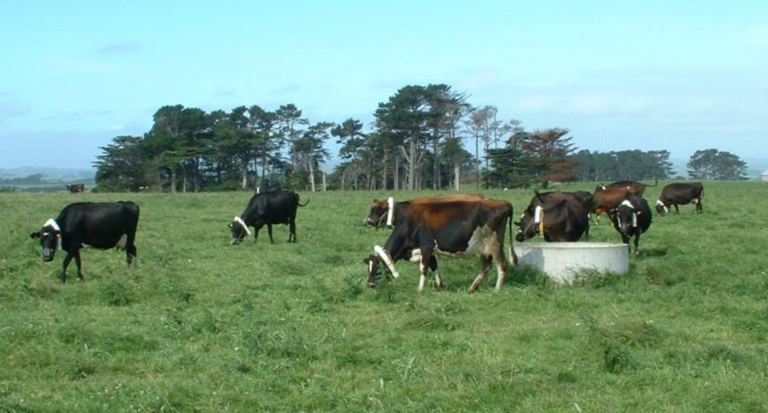
Enteric Methane and Feeds – Arjan Jonker, AgResearch
Methane (CH4) is mainly formed in the rumen (87-92%) by methanogens which utilise microbially hydrogen produced in the rumen during fermentation of ingested feed. CH4 from animals is measured via gas exchange using flux methods like respiration chambers and marker methods
